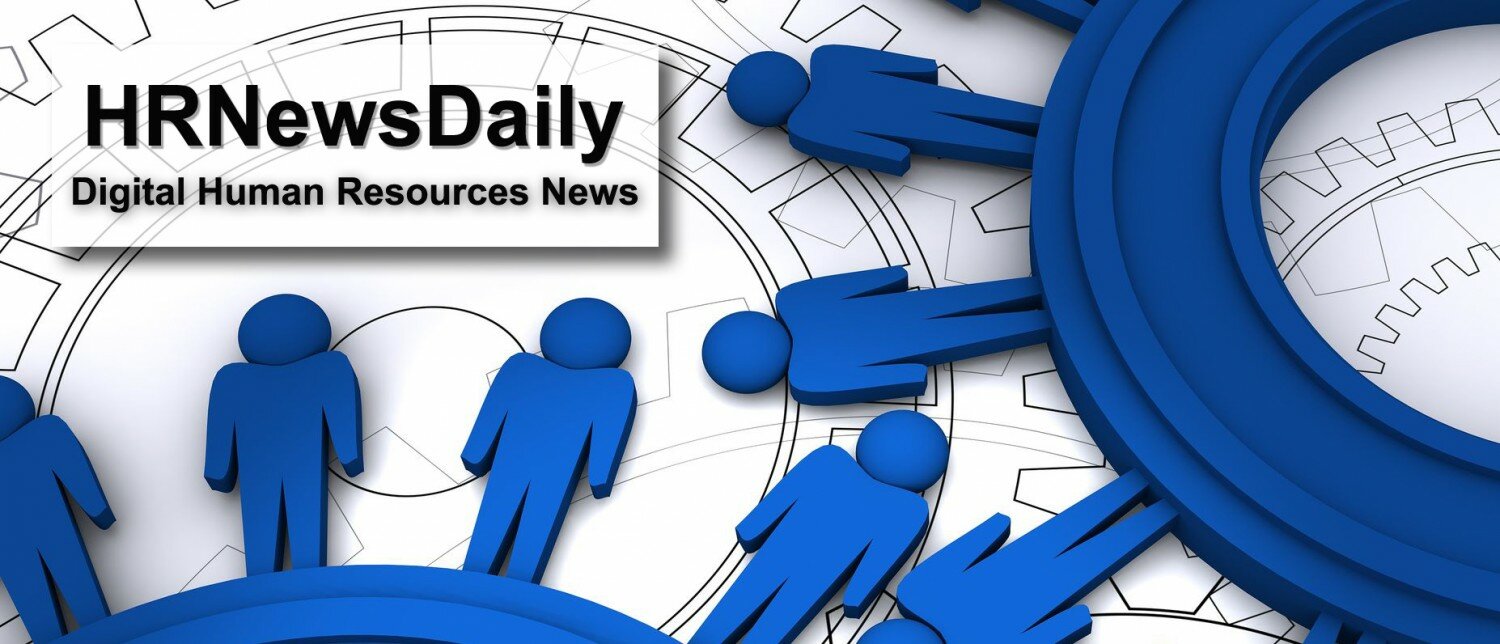
Help! My Student Loans are Due and I am Broke!
When you finish college or for that matter drop below half-time enrollment, a stopwatch starts. If you, like 60% of those attending college, borrow to help cover costs, the day of reckoning is right around the corner. Direct Subsidized and Unsubsidized loans as well as Federal Stafford loans have a six month grace period before payments are due. PLUS loans have no grace period.
Your student loans can’t be cancelled because you didn’t finish your degree or you didn’t get the job you wanted. Repayment of student loans is just like any other loan: car, home, etc. Make the payments or else. Failure to make payments can seriously harm your credit score and may result in wage and tax return garnishment.
Of over approximately one trillion dollars in outstanding student loan debt, almost 10% is past due, and the default rate is rising dramatically. Of every five student loan borrowers, two become delinquent in the first five years of repayment.
Where’s the Relief?
- The U.S. government has developed several programs, through the Department of Education, to reduce or even forgive student loan debt. These programs consider income as well as the career chosen by the student upon entering the workplace. The most liberal loan forgiveness programs involve working in public service. In some cases, if a borrower has a history of on-time payments, the balance remaining after ten years of public service is totally forgiven.
- The Teacher Loan Forgiveness program will allow a forgiveness of up to $17,500 of qualified loans after 5 years of full-time teaching experience.
- Certain areas of the U.S. are offering student loan reductions to incentivize graduates to move to their communities. For example, in certain Kansas Rural Opportunity Zones, the State will pay student loan payments in equal shares over five years equal to 20% of the outstanding balance, up to $15,000.
- Under the federal Income-Based Repayment Plan, monthly payments of student loans are capped at 15% of a borrower’s income. The Plan also cancels any remaining debt after 25 years. An additional Pay as You Earn option brings the payments to as low as 10% of the borrower’s disposable income with remaining balance forgiven after 20 years.
What’s the Plan?
Ok, we have looked at a few of the options available to help you pay off your student loans. You can apply for these programs directly or utilize a student loan counselling provider to walk you through the process. These ideas should be considered in the quest to pay off your loans.
Plan and budget loan repayment as part of your future financial obligations. A budget that considers your housing, transportation, food, entertainment, loan repayment and savings compared to your income, a critical part of your own personal financial planning. Mapping out a serious budget is the best way to realistically approach all of the financial aspects of getting your career in motion. There are many apps available at as well as to take the chaos out of paying your bills. Download one and give it a spin.
Pete VanSon is a certified public accountant who specializes in human resource related businesses and consulting. Pete works with studentloanre.org to help former students find solutions for their debt burden. He can be reached at
